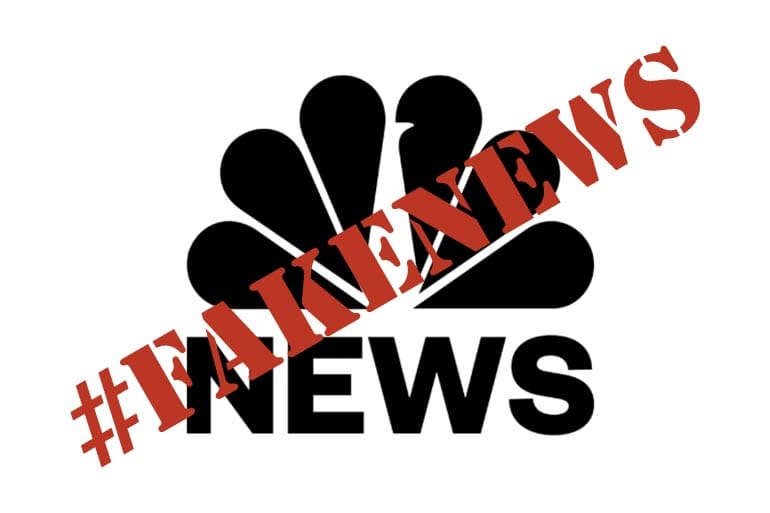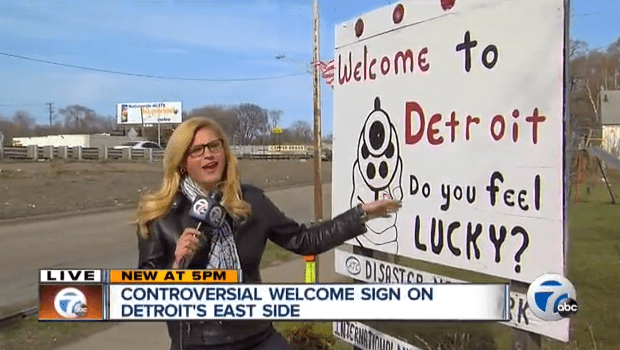[HTML1]
KTLA.com reports that West Covina CA City Councilman Mike Touhey and Councilwoman Shelley Sanderson are none too happy about a video satirizing police harassment that clearly shows their town’s cops and cars. Touehy and Sanderson say the producers used “taxpayer resources” without permission and—gasp!— filmed without a permit. Good American that he is, Touhey is threatening to file a lawsuit against the video’s producer and whup any city employee involved upside their head. What’s more, “Touhey also wants to bring charges against the actors in the video for impersonating a police officer.” Meanwhile, the The West Covina Police Department has launched an internal investigation. “Why did they have to rack their guns?” a spokesman demanded. “Our officers always keep one in the chamber.” I kid. A bit.




Sounds like the councilman and councilwoman need to be brought up to speed about who they work for, and who pays their salaries. They need to be ‘counseled’, at the next election.
Threatening to bring charges on neutral grounds (e.g. filming without a permit) based entirely on the content of a video is actually in and of itself a violation of the First Amendment. The producers and employees involved could sue for being made the victim of a prior restraint. If they go forward with the lawsuit, they will have any charges dismissed against them and will ultimately win the claim they file against the city.
The waste of taxpayer funds is going to come in the form of a six figure settlement that will be paid as a result of these absurd threats.
Six figure settlement for a First Amendment violation ?!? Under these set of facts, dream on. Permit requirements are enforceable under First Amendment law in some situations, esp for large and potentially disruptive (esp. so-called “commercial”) filming activities. Courts have repeatedly enforced “time place and manner” restrictions on speech, including permit requirements. I’m not sure how things would shake out in this particular case, as there appears to be little in the way of “disruption” occurring. You don’t get to six figures because the plaintiffs will not be likely to be able to prove any significant damages.
Also, there was no actual prior restraint in this case (i.e. they were not prevented in advance from filming), so the First Amendment issue could only be raised as a defense to a prosecution for failure to obtain a permit.
As for the unauthorized use of government property, that charge could – depending on the facts – be brought against city employees and police officers who had custody of those vehicles. That is largely a matter of employment law. The First Amendment has no role in that fight.
The potential “impersonating a police officer” charge is just plain silly.
“Six figure settlement for a First Amendment violation ?!? Under these set of facts, dream on. ”
No dream needed – threatening criminal prosecution based on the content of speech is outrageous and egregious. There are also more than one likely plaintiffs in this case. You really think that 3 1983 settlements plus attorney’s fees will be under $100,000? There’s the dream.
“Permit requirements are enforceable under First Amendment law in some situations, esp for large and potentially disruptive (esp. so-called “commercial”) filming activities. ”
Sure are – provided that they are enforced in a content neutral manner. Here, it’s clear that the enforcement has little to do with the permit requirement and a great deal to do with the message. All time, place, and manner regulations must be content and viewpoint neutral, or you fall to strict scrutiny.
“You don’t get to six figures because the plaintiffs will not be likely to be able to prove any significant damages.”
Actually they can. Recall that 1st Amd. cases are the ONLY claims where plaintiffs can raise third party grievances without any special relationship. The city officials are promoting a chilling effect and have caused outrageous harm to speech. Turn to the most recent SCOTUS speech cases if you doubt that this is a speech-protective court.
“Also, there was no actual prior restraint in this case (i.e. they were not prevented in advance from filming), so the First Amendment issue could only be raised as a defense to a prosecution for failure to obtain a permit.”
There is a prior restraint because civil sanctions, job loss, and prosecutions are all being threatened against involved parties. The message is clear – speak at your own peril. Appellate cases have affirmed that prior restraints involve more than just censorship boards. In one case, the use of metal detectors to create long lines to get into a protest area was deemed to be an impermissible prior restraint. Threats of termination not only violate the Connick / Pickering standard for city employees, but it also likely triggers a chilling effect.
“The potential “impersonating a police officer” charge is just plain silly.”
It’s also another reason why damages are merited in the case.
Somebody, get a rope!
“There is a prior restraint because civil sanctions, job loss, and prosecutions are all being threatened against involved parties.”
That’s not a “prior restraint” or censorship. That is subsequent punishment. Chilling effect is a separate issue.
Also, you are missing my point on the damages issue. The plaintiff will still have to show damages, whether that takes the form of out-of-pocket expenses (loss of wages, future earning capacity, medical expenses, property damages, etc), or distress, humiliation, personal indignity, loss of reputation / status. In Memphis Cmty. Sch. Dist. v. Stachura, 477 U.S. 299 (1986), the Supreme Court overturned a jury instruction that sought to enable damages to based on the value or importance of the constitutional rights that were violated and to consider that the “precise value you place upon any constitutional right which you find was denied to plaintiff is within your discretion” and the “importance of the right in our system of Government, the role which this right has played in the history of our Republic and the significance of the right in the context of the activities which the plaintiff was engaged in.” Rather, the Supreme Court held that Section 1983 created a “species of tort liability.” Section 1983 authorizes compensatory damages not only for “out-of-pocket loss and other monetary harms, but also such injuries as impairment of reputation . . . personal humiliation, and mental anguish and suffering.” The Court held that the “value of rights” instruction was improper because it caused the jury to focus “not on compensation for provable injury, but on the jury’s subjective perception of the importance of constitutional rights as an abstract matter.”
Punitive damages are a possibility against government officials in their individual capacity, but the standard for their award is high, and in my experience, they are not awarded very often. See Jones v. City of Key West, 679 F. Supp. 1547 (S.D. Fla. 1988) for examples of the amount of punitives that were awarded in various reported 1st Am cases.
Attention City Councilman Mike Touhey:
“Lighten up, Francis.”
It’s funny to see this seeing how I had a discussion with co-workers the other day about how the police departments always claim that they don’t have enough officers to track down murderers, rapists, kidnappers, and thieves – yet they always have an endless supply to give out tickets to anyone doing 5 mph over the speed limit.
Because murderers, rapists, kidnappers, and thieves, don’t contribute financially, to the government coffers.Here awhile back, where I live, they announced that lesser theft crimes, would not be actively pursued, car break ins, bike theft, petty theft in general, due to budget constraints. In other-wards, you come down and fill out paperwork, and if anything shows up we might pursue it.Yet shortly there after, a big production was made in the media etc, about several days of saturation seat belt patrols downtown, including a bunch of overtime. Mind you the speed limit is 25 mph in downtown. And no there was no State or Federal grant incentives involved.
Not to piss on any LEO’s that visit the site, and make any generalizations, Just certain jurisdictions have different priorities.
Oh, I’m well aware it’s because harassing citizens just trying to get to work is profitable, where chasing down actual criminals requires significant effort and doesn’t provide the department with any extra money.
This was obviously satirical. In real life, the cops would have fired 72 rounds resulting in 3 hits.
Yeah, but the three hits would all be on innocent bystanders.
Comments are closed.